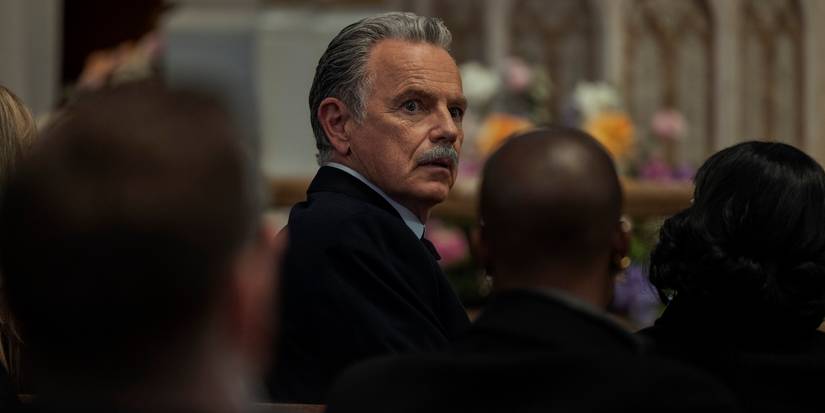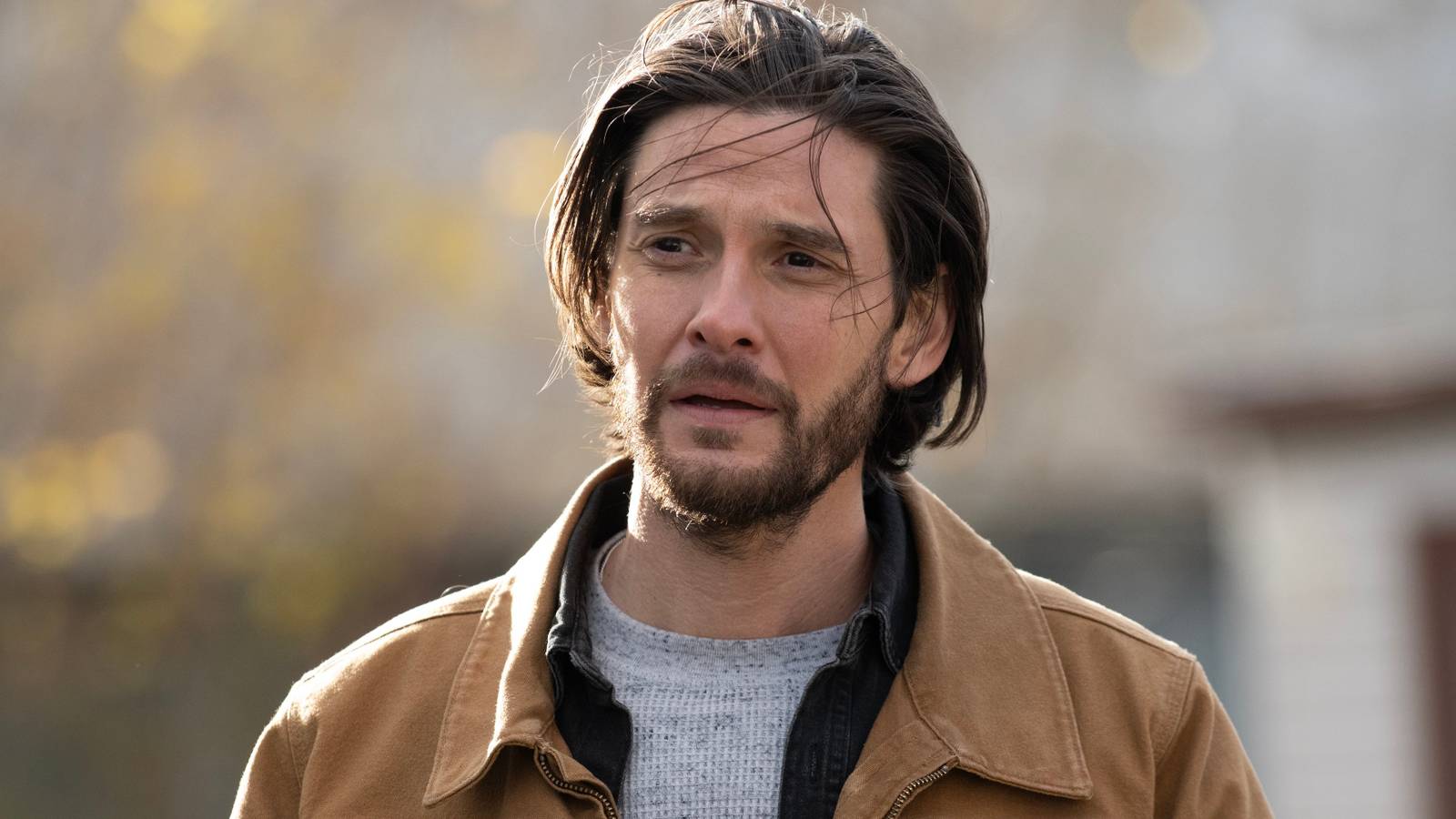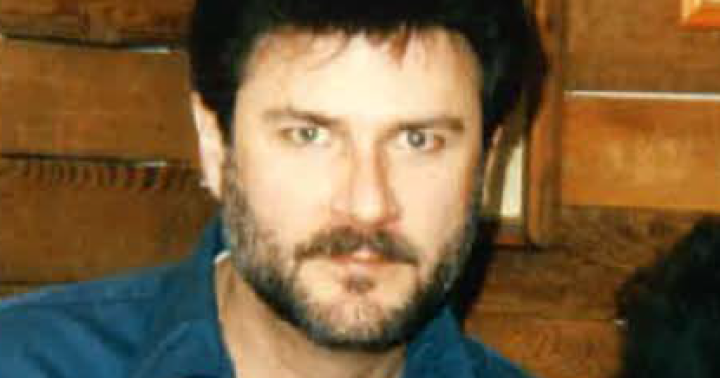Mike Flanagan‘s accomplished slate of movie and television projects has made him the recipient of global praise, but none quite so famous or flattering as this. Just a few days ago, fellow horror icon Stephen King took to X to post a glowing reaction to one of Flanagan’s most well-received projects, going so far as to say that the series makes a case for “Mike Flanagan being the Quentin Tarantino of horror.” The comments stem from Flanagan’s work on his final project at Netflix, The Fall of the House of Usher, and only boost the acclaim of a series already sitting at a comfortable 91% on Rotten Tomatoes. As for what King means by this comparison, the longtime author doesn’t elaborate, but there are actually more similarities between the two filmmakers than audiences may think.
What Is Mike Flanagan’s Netflix Series ‘The Fall of the House of Usher’ About?
The Fall of the House of Usher itself is a series plagued by the poetry of death. Adapted largely from the works of American author Edgar Allan Poe, Flanagan’s eight-part miniseries follows the titular Usher twins, Roderick (Bruce Greenwood) and Madeline (Mary McDonnell), at the height of their corporate power. The heads of one of the world’s leading pharmaceutical companies, Fortunato Pharma, the series abides by a haunting frame structure, unfolding as Roderick confesses his criminal livelihood to assistant district attorney C. Auguste Dupin (Carl Lumbly) following the deaths of all six of his children. In the process, Flanagan packs subtle nods, references, and outright adaptations of the author’s work into the gradual collapse of the entire Usher family, delivering one of the most enduring showcases of Flanagan’s dramatic mastery.
What really sets The Fall of the House of Usher apart from Flanagan’s other work on Netflix, however, is the series’ social commentary. Flanagan has never been one to shy away from confronting fundamental questions of humanity, but his work on projects like Midnight Mass, The Haunting of Bly Manor, and even The Midnight Club tends to revolve around deeply personal, profound, and self-contained storylines. In contrast, The Fall of the House of Usher is a family drama that opts for a much more critical approach than The Haunting of Hill House, wielding its Gothic aesthetic in order to draw out the eerie, inhumane realities of the ongoing Opiod epidemic in America.
By honing in on the splendor of the Ushers from the original story, Flanagan is able to provide unflinching commentary on the country’s ongoing crisis of income inequality, the exploitation of late-stage capitalism, and the true horror of a system which enables a man like Roderick Usher to grow wealthy on top of a tower of innocent bodies. The result is a nuanced series that illustrates how innocence is always the cost of a grand vision of greed, a deeply-layered, generational tale that ultimately argues that attempting to create a legacy in your own image is a self-destructive daydream. For viewers more than a little embittered by the real-world parallels that continue to plague their current society, The Fall of the House of Usher is also an opportunity to watch some unlikable members of the ultra-wealthy get their bloody comeuppance, so it’s no wonder the series caught the attention of a writer as high-profile as King.
How Does ‘The Fall of the House of Usher’ Make Mike Flanagan the “Quentin Tarantino of Horror”?
Of all Flanagan’s projects, it isn’t a surprise that The Fall of the House of Usher would be the one that sparks a comparison to Quentin Tarantino. Even for a creator most well-known for his unnerving knack for horror, The Fall of the House of Usher is a much more gruesome entry than most. The series’ adaptation of “The Masque of the Red Death” in Episode 2 is particularly disturbing, featuring unsettling visuals from a mass casualty event that might rake up an even higher body count than some of Tarantino’s infamously violent films. In terms of the two filmmakers’ love of almost cartoonish gore, The Fall of the House of Usher also strengthens this comparison by borrowing from Poe’s own sadistic mind, with a well-earned death by pendulum and live burial only a few of the unsettling ends that unfold in the series with as much gratification as the casualties in Django Unchained or Inglourious Basterds.
In the end, King’s association between the two filmmakers is fitting because both men memorably inject their own personal trademarks into their best work, and Flanagan’s style is on full display in The Fall of the House of Usher. Not only does the series feature Flanagan’s typical blend of realism and love of the supernatural, but it also continues his love of existential monologues that contemplate the inherent contradictions of humanity. In a structural sense, the series experiments with the non-linear interplay between past and present that is also prevalent in both The Haunting of Hill House and The Haunting of Bly Manor, and each episode revolves around a different character, a narrative trick Flanagan frequently uses in his miniseries in order to flesh out his world’s themes and backstories. Put together, all of these habits form the voice of a creator as recognizable to horror as Tarantino is to Hollywood, proving Flanagan measures up to the latter’s stature in his own genre.
Flanagan is one of the only modern filmmakers who can rightfully be compared to Tarantino, and the reason why revolves entirely around the two men’s similar portfolios. Like the mind behind Reservoir Dogs, Flanagan has also dedicated his career to a relatively small number of successful projects that experiment with the versatility of genre. While Flanagan clings to horror more than Tarantino allows himself to be bound by a specific film category, the horror master’s projects are nevertheless still diverse. Aside from his recently released The Life of Chuck, which once again experiments with a non-linear narrative structure but embraces a more wholesome tone, most of the filmmaker’s horror projects don’t even feel strictly scary. In reality, under his jump scares, deals with the devil, and nerve-wracking hauntings, Flanagan’s dramatic focus runs the cinematic gamut from found families all the way to affirmative queer love stories.
By elevating the modern horror master to the level of one of the most well-known directors in history, King’s comment honors the scope and distinct style of Flanagan’s ongoing legacy, drawing further attention to the accomplishments of one of King’s most recent collaborators. With the pair set to reunite for the upcoming adaptation of King’s Carrie, King’s latest praise also marks a high point in the pair’s relationship, one that can impart a valuable lesson to the industry at large. Nowadays, Hollywood’s cutthroat nature has only been heightened by an increasingly fast-paced media landscape that makes it impossible to focus on a single project or performer for long, but when artists look out for each other, it becomes that much easier for those most deserving to stand out in a crowd that has never felt larger than now.

















